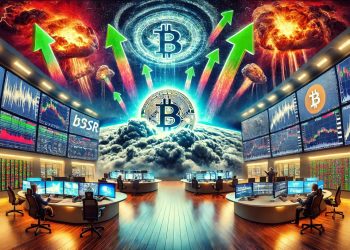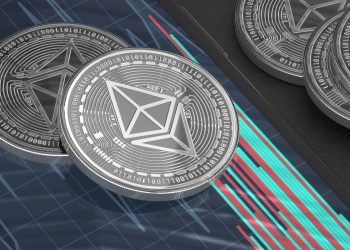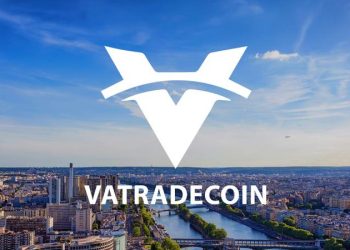The concept of ownership has evolved significantly throughout history. From possessing physical goods like land or buildings to intangible assets like patents and copyrights, ownership has been a cornerstone of the global economy. However, with the advent of Web3 and the rise of the metaverse, a new type of ownership is emerging with great force: digital ownership.
In its simplest form, digital ownership refers to possessing non-physical assets such as virtual land, digital art, music, and even in-game characters. In Web3, these assets are unique thanks to blockchain technology, which allows for creation non-fungible tokens (NFTs). An NFT is a digital certificate that grants ownership of a unique asset in the virtual world.
On platforms like Upland, users can buy, sell, and develop digital properties that are linked to real-world locations. These lands, represented as NFTs on the blockchain, are not just sentimental or entertaining; they can also generate real income for their owners.
What makes digital ownership in Web3 revolutionary is the concept of decentralization. Unlike traditional digital assets controlled by a company (such as a social media account or a centralized video game), assets in Web3 belong directly to users. Being hosted on the blockchain means that no one can modify, delete, or revoke ownership without the owner’s consent.
This decentralized approach gives greater control and security to digital asset owners, who can sell, transfer, or use their assets across multiple platforms without third-party restrictions. In the case of Upland, this means that virtual lands are not just static properties but can be developed and traded, creating a self-sustaining economy within the game.
Digital ownership in Web3 has profound implications for the future:
- New investment opportunities: Purchasing digital assets, such as virtual properties in Upland, has become a form of investment with the potential for high returns. Much like traditional real estate, users can buy land at low prices, develop it, and then sell it for a profit.
- Monetizing art and creativity: Digital artists can now sell their work as NFTs, giving them a new source of income. In Upland, for instance, users can create unique structures or custom designs on their land, which can then be sold or rented to other players.
- Self-sustaining virtual economies: Platforms like Upland are demonstrating that it’s possible to create entirely digital economies where the supply and demand for goods and services within the game generate real value. Owning digital land opens the door to new entrepreneurial opportunities in the metaverse, such as virtual stores, art galleries, and immersive experiences.
- Interoperability and full control over assets: One of the key attractions of Web3 is the potential to use your digital assets across multiple platforms. A piece of land bought in Upland could, in the future, be used in another metaverse or integrated with other digital experiences. This gives owners unprecedented flexibility in how and where they can use their assets.
The concept of digital ownership is just beginning to take shape, and the speed at which blockchain technology is advancing suggests that this is only the start of something much bigger. As more people and businesses recognize the value of digital assets, we will see greater adoption of ownership in the metaverse, where virtual goods will intertwine with the physical economy in ways we are just starting to understand.
For Upland users, this future is already taking form. Every piece of land acquired, every structure built, and every community formed represents a small piece of the puzzle that is the expanding metaverse. Digital ownership is not just a passing trend; it is a new frontier that redefines our relationship with virtual space and the digital economy.
Digital ownership in Web3 is transforming the way we interact with the virtual world and opening new economic possibilities for players and creators alike. Platforms like Upland are at the forefront of this revolution, providing an environment where digital ownership has real value and control is in the hands of the users. As technology advances, we will see how digital ownership becomes an integral part of the global economy, both within and outside the metaverse.
















